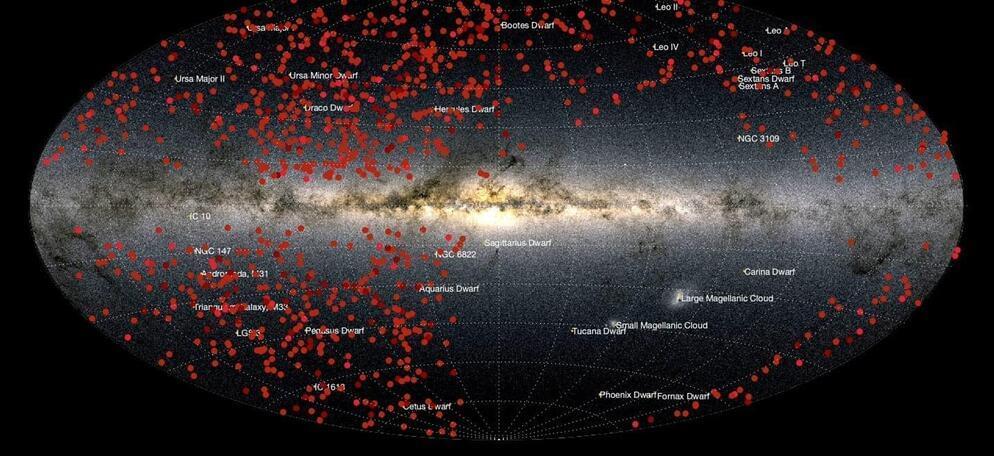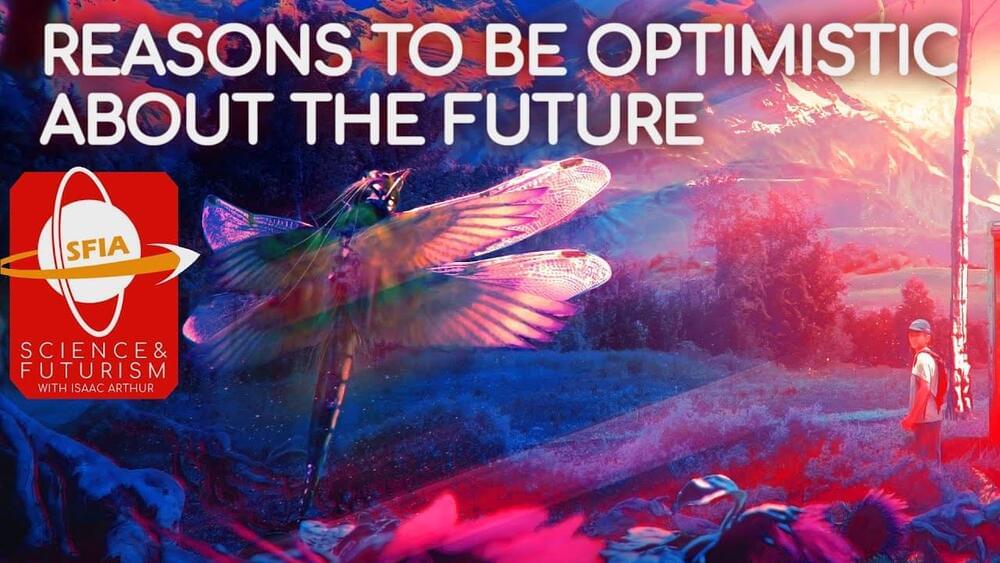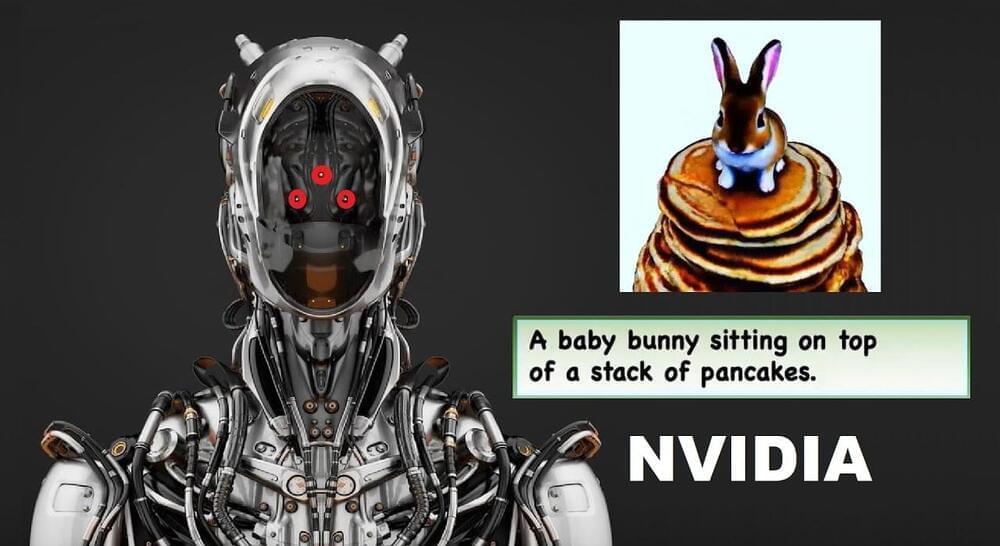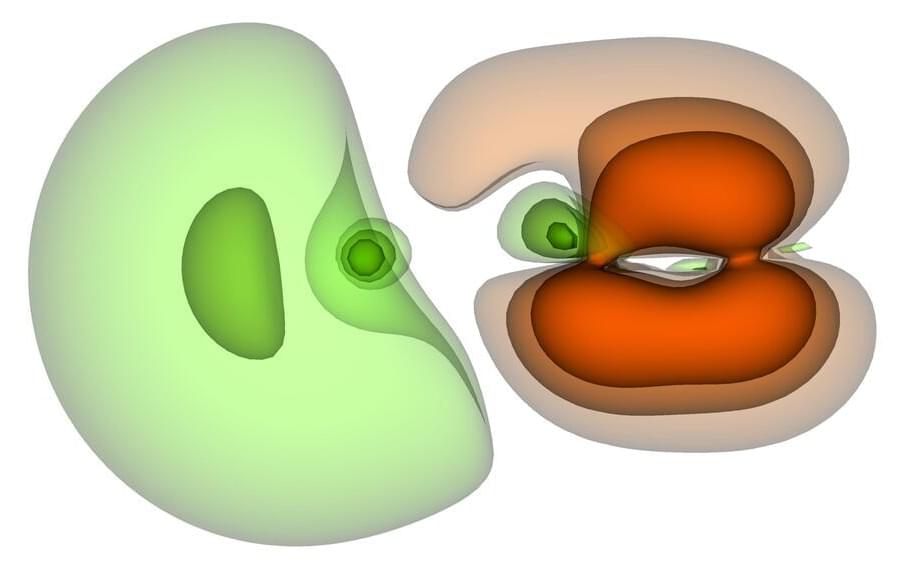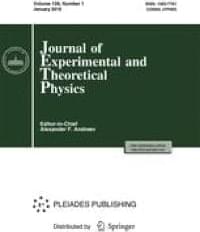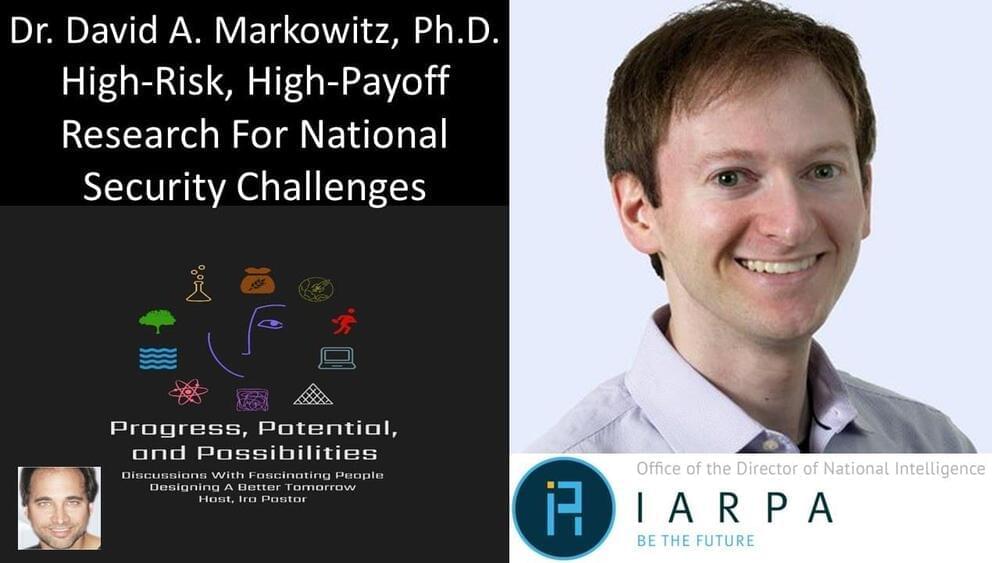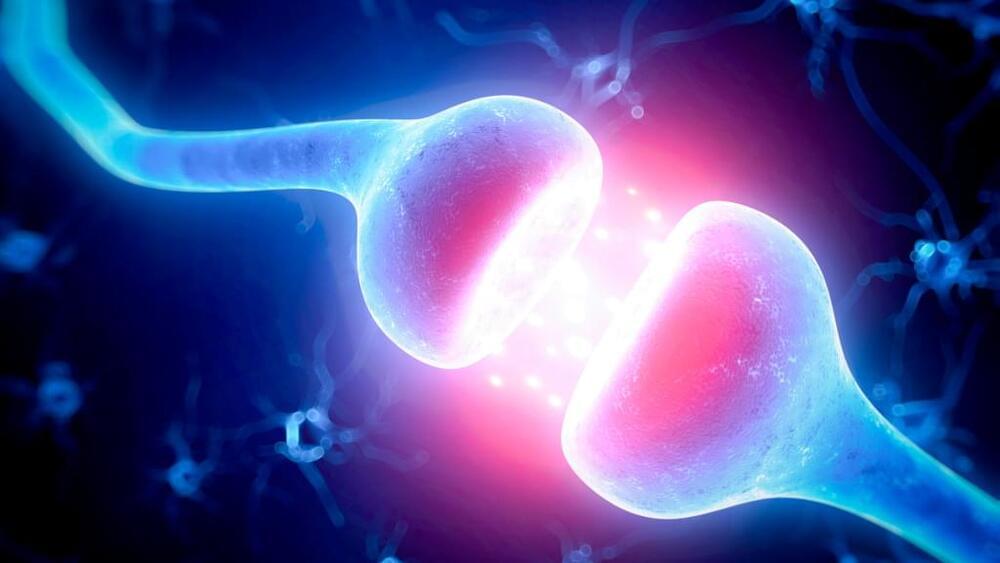Nov 24, 2022
Machine learning tools autonomously classify 1,000 supernovae
Posted by Quinn Sena in categories: cosmology, information science, robotics/AI
Astronomers at Caltech have used a machine learning algorithm to classify 1,000 supernovae completely autonomously. The algorithm was applied to data captured by the Zwicky Transient Facility, or ZTF, a sky survey instrument based at Caltech’s Palomar Observatory.
“We needed a helping hand, and we knew that once we trained our computers to do the job, they would take a big load off our backs,” says Christoffer Fremling, a staff astronomer at Caltech and the mastermind behind the new algorithm, dubbed SNIascore. “SNIascore classified its first supernova in April 2021, and, a year and a half later, we are hitting a nice milestone of 1,000 supernovae.”
Continue reading “Machine learning tools autonomously classify 1,000 supernovae” »
